By Wendy Justice
Vietnam has one of the richest cultures in Southeast Asia. Whether you’re in the 1,010year-old capital city of Hanoi, the bustling metropolis of Ho Chi Minh City, or in one of the many hamlets, towns, and villages throughout the country, you’ll find yourself immersed in ancient traditions, ceremonies, and rituals.
The most significant aspects of Vietnamese culture stem from the teachings of Confucius. Family and its structure are of utmost importance. Households commonly consist of three or more generations living under the same roof. The man is the head of the family, making most of the important decisions. The woman’s job is primarily maintaining the home and raising the children, making sure they are safe, well-fed, and nurtured. Many Vietnamese women also work in the markets, family-owned businesses, or hold jobs; they are often the primary breadwinner for the family. Children are expected to care for their parents in their elder years.
Education is highly respected and every family expects that their children study hard and excel. This also stems from the teachings of Confucius whose influence brought standardized education to Vietnam over 2,500 years ago.
Confucius has also shaped Vietnamese society in other ways. The concepts of filial piety, duty, honesty, seniority, and respect for elders are as important today as they were more than two millennia ago. Elders command great respect, students honor their teachers, and obedience to one’s parents is expected.
Ancestor worship is widely practiced, with elaborate rites and ceremonies to honor family members. Solemn holidays, such as the Hungry Ghost Festival, are times when families pray to their ancestors, offer them traditional foods and wine, and burn paper offerings for their ghosts to use in the spirit world. When a person dies, funeral rites are observed throughout the first year and each year during Tết (the Lunar New Year).
Vietnamese are free to practice any religion, or none at all; most are either Buddhist, Christian, or atheist. Buddhists live throughout Vietnam, and there is a large Christian minority, especially in the central and southern parts of the country.
Customs in Vietnam

The concept of “face” is important to the Vietnamese. It’s essential to be aware of face, which reflects a person’s integrity, prestige, and dignity.
A person would lose face by showing anger, while sincere compliments to another would give that person face. Admitting a mistake gracefully is a way of saving face.
When someone loses face, others may feel shame or embarrassment for them, resulting in a loss for all.
Collectivism in Vietnam
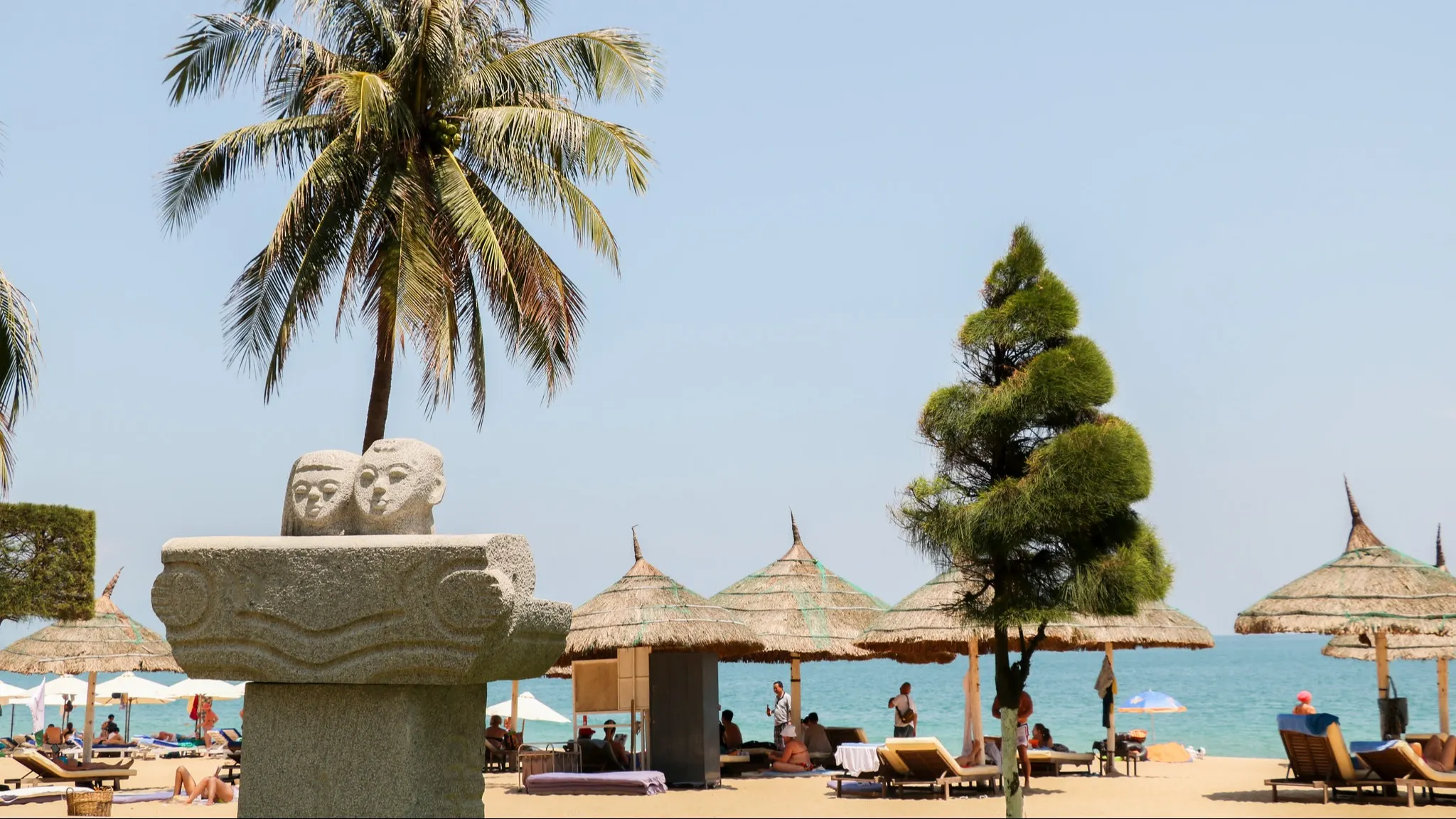
The concept of the individual is less meaningful in Vietnam than in western countries. The Vietnamese see themselves as part of a larger group that includes family, community, and country.
This is reflected in the many terms of address. The words “I” and “me” are rarely used; most often, people refer to others and themselves in terms of their relationship. An older person or one of higher status may be referred to as older brother or uncle (anh) or older sister or aunt (chị), and grandfather (ông) or grandmother (bà). A younger person is addressed as “em,” meaning someone younger or of lower status than the speaker, while those young enough to be grandchildren are called “cháu.” It can be quite confusing—even for Vietnamese. Those referred to as parents and siblings may be actual blood relations, or only what Westerners might call “close friends.”
Relationships in Vietnam
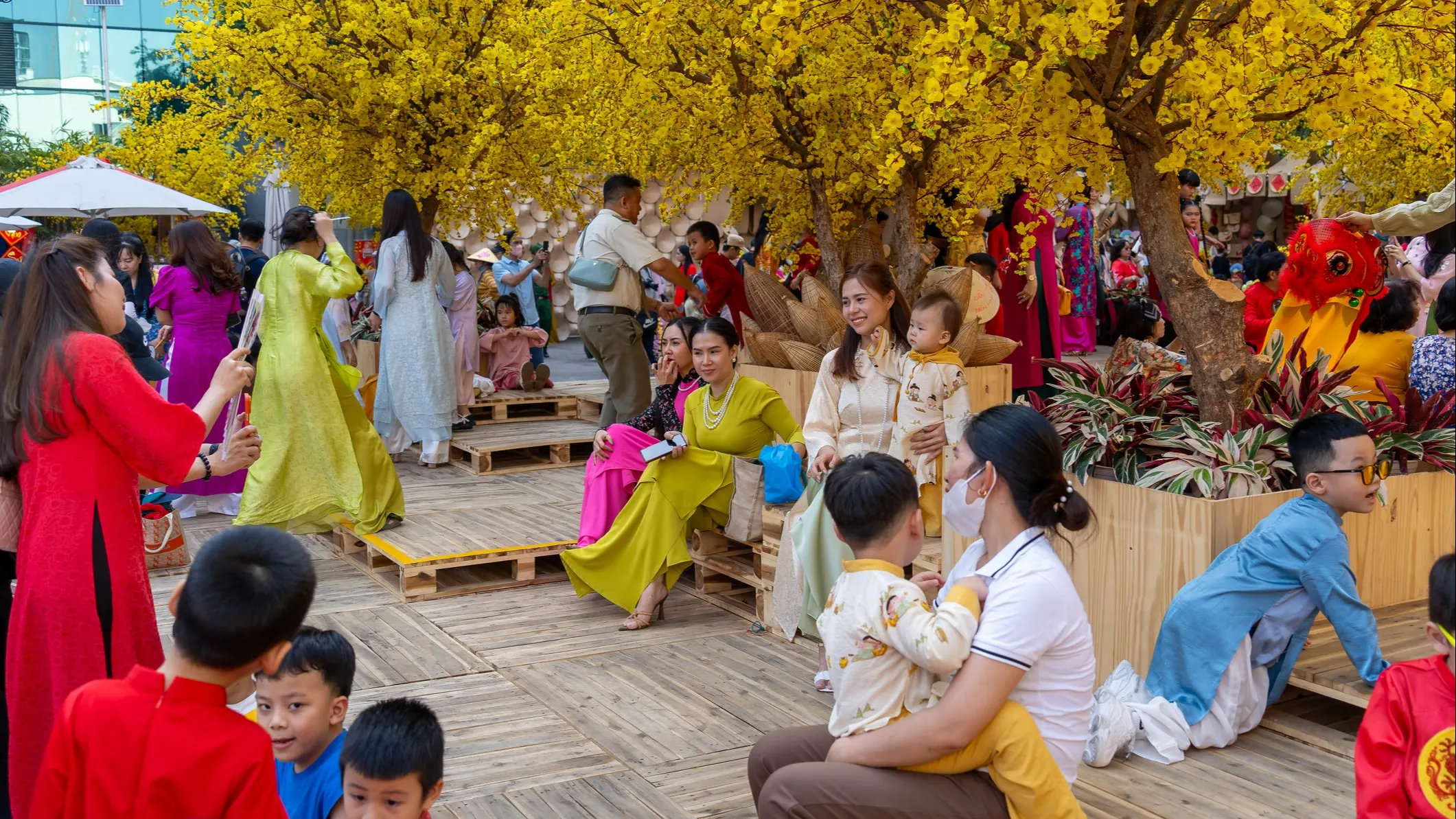
Relationships are of primary importance in Vietnam. They determine how friendships are established and business transactions are made. Having a Vietnamese friend to help smooth the way can make life much easier, and knowing even a few words of Vietnamese will earn approval and acceptance.
Do’s and Don’ts of Vietnamese Etiquette
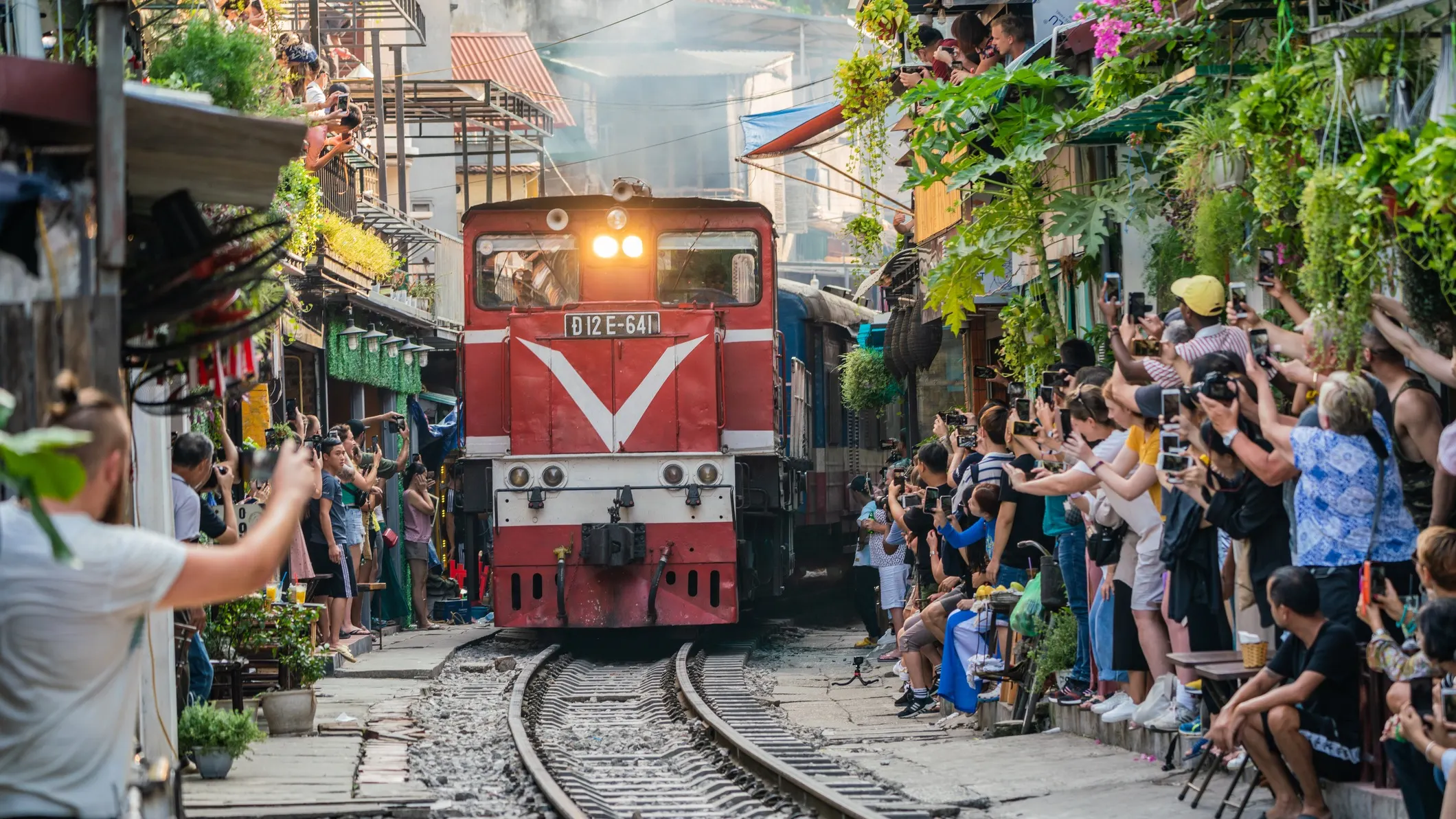
When interacting with others, it is polite to make a little small talk first, before getting to the matter at hand.
It is common to see two friends of the same sex holding hands, but avoid public displays of affection with people of the opposite sex.
Don’t cross your fingers for luck; this is an obscene gesture in Vietnam.
If you are handing something to a person older than yourself, use both hands.
Don’t point your finger; gesture with your hand instead.
Remove your shoes before entering someone’s home.
Temple Etiquette in Vietnam
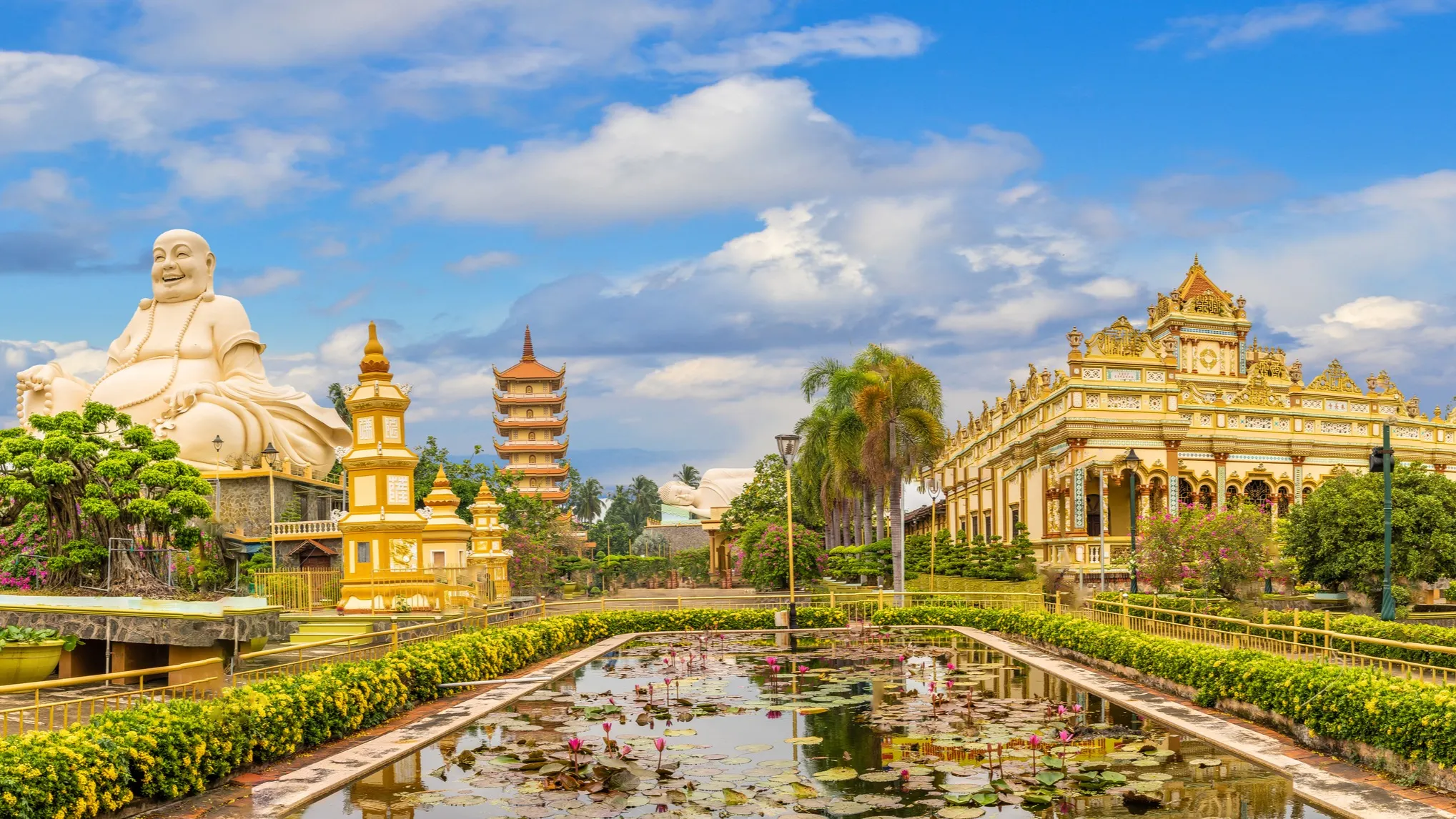
Take off your hat and shoes before entering a temple.
Dress modestly; shoulders should be covered, no shorts, and no bare midriffs.
Don’t turn your back to a Buddha statue or image.
Don’t smoke.
Ask before taking photographs.
Eating and Socializing in Vietnam
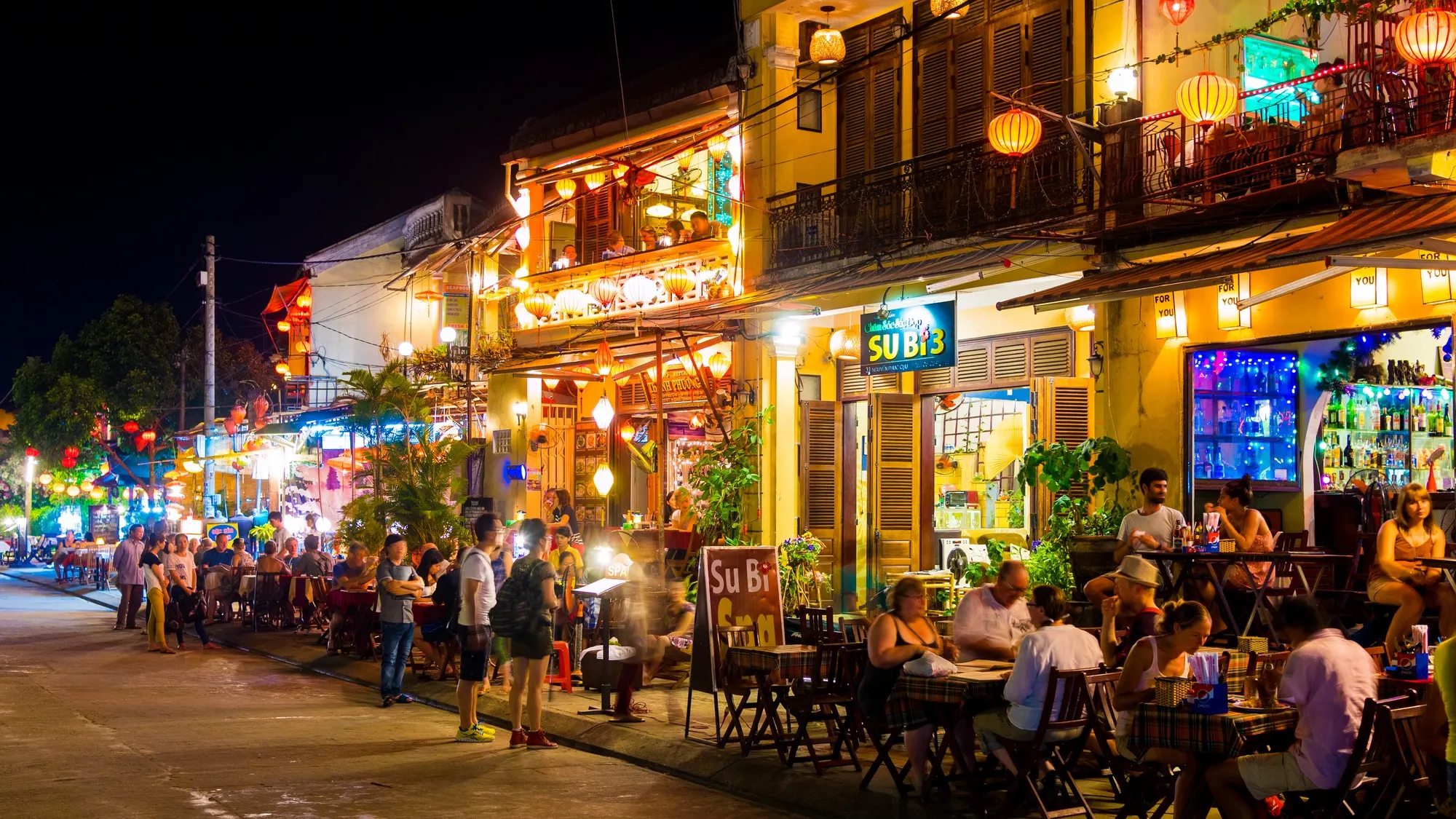
When invited into someone’s home, bring fruits, candy, or flowers, but avoid giving four of anything, as that number is unlucky. Gifts of wine and spirits are appropriate, while a gift of cash in an envelope is always welcome at weddings.
The Vietnamese use chopsticks. A flat spoon, used for soups and broths, is also common.
Never rest your chopsticks point-down in a bowl; lay them across the top or on the table.
Meals are served family-style and often include several main dishes, rice or noodles, and clear broth to finish. Bowls are used, with meat, fish, and vegetables often placed atop the rice.
The oldest person at the table sits first and initiates the meal.
At restaurants, the check is delivered only after everyone has finished and the head of the table has requested it. Separate checks are not part of Vietnamese dining culture; an offer to share the cost of a meal can be made after leaving the restaurant.
When possible, personally hand your money to the serving staff or cashier.
Tipping is not required, though it is always appreciated. Rounding up the check or tipping around 10% is increasingly common.
Business Customs and Etiquette in Vietnam

Business cards are frequently exchanged and are given using both hands. It is rare for a Vietnamese businessperson to not carry a card.
Among men, gentle handshakes are used when arriving and departing from a business meeting.
Vietnamese women may not offer their hand for a handshake, especially to a male. If this is the case, a slight, respectful bow is appropriate.
Small talk and socializing first is a way to form relationships and is essential when conducting business in Vietnam.
Avoid confrontation; silence is preferred to open disagreement, which would cause a loss of face.
Many Vietnamese will avoid direct eye contact; this is not a sign of disrespect or disinterest, but is done as deference to the speaker.








